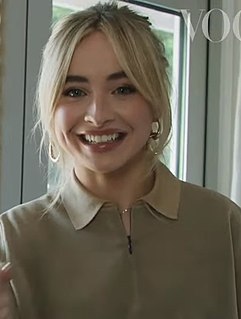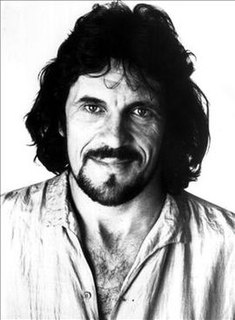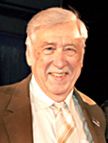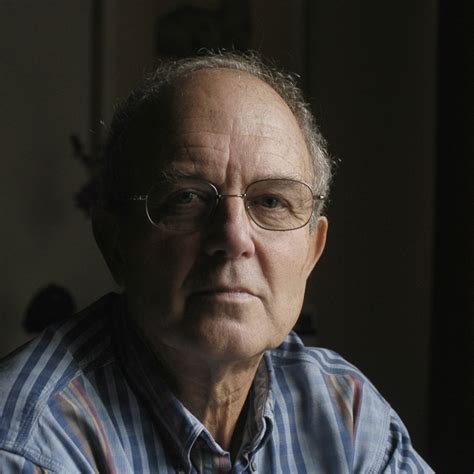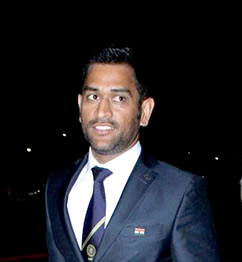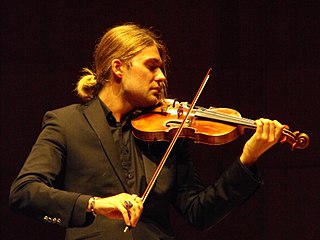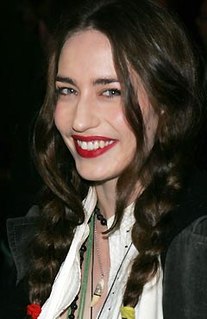A Quote by Stephen Burt
"Poetry" refers to the quite challenging and quite resistant sets of words put together to be admired and interpreted by people who are already into that sort of thing, somewhat analogous to free jazz or academic classical music. Which is stuff that I really like, but is late modernist and is going to have a limited audience.
Related Quotes
The average age of the Jazz audience is increasing rapidly. Rapidly enough to suggest that there is no replacement among young people. Young people aren't starting to listen to Jazz and carrying it along in their lives with them. Jazz is becoming more like Classical music in terms of its relationship to the audience. And just a Classical music is grappling with the problem of audience development, so is Jazz grappling with this problem. I believe, deeply that Jazz is still a very vital music that has much to say to ordinary people. But it has to be systematic about getting out the message.
There's no difference between lyrics and poetry. Words are words. The only difference is the people who are in academic positions and call themselves poets and have an academic stance. They've got something to lose if they say it's all poetry; if there's not music to it, and you have to wear a certain kind of checkered shirt or something like that. It's all the same. Lyrics are lyrics, poetry is poetry, lyrics are poetry, and poetry is lyrics. They are interchangeable to me.
If you have words and want to write music for them, the words hit you with a feeling which you can't really describe in words, and so what you do is to put music to them and in this way you make contact with the words, through the musical thing. It happens when two feelings come together and they do something together and they compliment each other.
We do have to learn poetry at school. Poetry is interesting to me, particularly Chinese poetry. It's like an ancient form of song. There's five sentences, seven sentences - they're very different from English poetry. Chinese poetry is much more rigorous. You can only use this many words, and they will form some kind of rhythm so people can actually sing it. To me, poetry is quite abstract but also quite beautiful.
Jazz presumes that it would be nice if the four of us-simpatico dudes that we are-while playing this complicated song together, might somehow be free and autonomous as well. Tragically, this never quite works out. At best, we can only be free one or two at a time-while the other dudes hold onto the wire. Which is not to say that no one has tried to dispense with wires. Many have, and sometimes it works-but it doesn't feel like jazz when it does. The music simply drifts away into the stratosphere of formal dialectic, beyond our social concerns.
A glance at the history of European poetry is enough to inform us that rhyme itself is not indispensable. Latin poetry in the classical age had no use for it, and the kind of Latin poetry that does rhyme - as for instance the medieval Carmina Burana - tends to be somewhat crude stuff in comparison with the classical verse that doesn't.
A glance at the history of European poetry is enough to inform us that rhyme itself is not indispensable. Latin poetry in the classical age had no use for it, and the kind of Latin poetry that does rhyme - as for instance the medieval 'Carmina Burana' - tends to be somewhat crude stuff in comparison with the classical verse that doesn't.
Getting up quite late in the morning, going and trying to clean my bikes - I have quite a few of them in Ranchi - spending some time with my family, my parents and friends. Going out for rides with my friends and having lunch or dinner at a roadside hotel - that's my favourite time-pass. These are the sort of things that really excite me.
A lot of my colleagues just don't really realize that they have to work in order to get the interest of an audience, especially with young kids, especially because it [classical music] is not that popular. You don't see it on TV, you don't hear it on radio, so you really gotta put an effort into promoting classical music.



